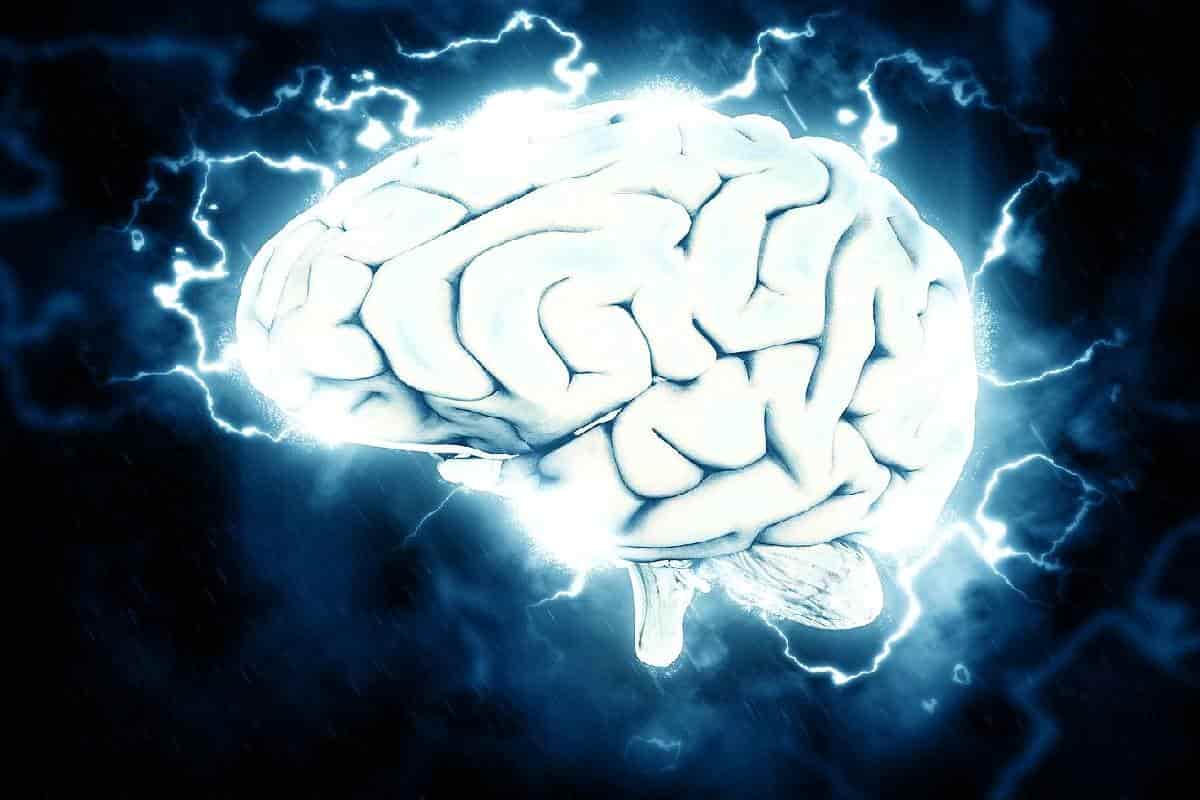Understanding hypoxic brain injury first require an understanding of anoxic brain injuries.
Anoxic brain injuries are caused by the brain, not receiving any oxygen at all. This results in the death of brain cells after approximately four minutes of oxygen deprivation.
Hypoxic brain injuries, on the other hand, result from an inadequate or restricted level of oxygen reaching the brain. This restricted flow of oxygen causes the gradual death and impairment of brain cells.
Anoxic and hypoxic brain injuries are usually correlated with stroke, although strokes are not the only causes of these types of brain injuries. Furthermore, both anoxic and hypoxic brain injuries are different from traumatic brain injuries (TBIs). Which are caused by direct physical trauma to the brain.
When it comes to determining whether or not a hypoxic brain injury is permanent, it all depends on the extent of the oxygen deprivation that the patient suffered.

Causes of Anoxic and Hypoxic Brain Injuries
There are many different causes of hypoxic brain injuries.
- A hypoxic brain injury can occur when blood containing oxygen cannot reach the brain. This is called stagnant anoxia, and it can be caused by oxygen deprivation that results from a stroke or cardiac arrest.
- The use of anesthesia is known to cause hypoxic events in patients undergoing surgery, according to the National Institutes of Health.
- Cardiovascular disease accounts for about 30% of hypoxic brain injuries.
- Asphyxia or strangulation from suicide attempts, near-drownings, chest trauma, electrocution, and poisoning (leading to toxic anoxia) account for about 40% of hypoxic brain injuries that occur in the U.S. every year.
- Anemic anoxia can also cause hypoxic brain injuries, and it occurs when blood is unable to carry adequate levels of oxygen around the body effectively.
Symptoms of Hypoxic Brain Injuries
Hypoxic brain injuries are usually accompanied by a brief loss of consciousness. If oxygen deprivation continues, a coma may result. Other symptoms of hypoxic brain injuries can include slurred speech, disorientation, facial drooping, and confusion.
Once a patient regains his or her consciousness, the symptoms and effects of their hypoxic brain injury may look very similar to those of a traumatic brain injury. While severe hypoxic brain injuries can leave a patient in a long-term vegetative state, mild hypoxic brain injuries can lead to the following:
- Seizures
- Headaches
- Sexual dysfunction
- Trouble communicating
- Lack of bowel or bladder control
- Changes in sleep patterns
- Trouble speaking and swallowing
- Loss or deterioration of motor functions
- Difficulty coordinating balance
- Forgetfulness and depression
- Poor concentration
Prognosis of Hypoxic Brain Injuries
Projecting the recovery timeline of a hypoxic brain injury can be difficult because each case is unique. Full recovery from severe hypoxic brain injuries is rare. However, many patients with mild injuries can make full or partial recoveries.
Mild injuries can lead to the problems listed above, including problems with attention and short-term memory, both of which may be subtle, to begin with. More serious and pronounced injuries can lead to confusion, agitation, or drowsiness in the affected patient.
Severe hypoxic brain injuries, on the other hand, can result in a coma, limb weakness, problems with movement and balance, and a loss of coordination, along with rigidity, abnormal movements, tremors, and involuntary jerky movements (specifically defined as myoclonus by the American Association of Neurological Surgeons) in the affected patient.
Furthermore, different parts of the brain are more susceptible to damage from oxygen deprivation than others. As a result, the permanence or Lack thereof of injuries varies across different parts of the brain. The parts of the brain that are responsible for vision, memory, and motor control (the cerebral cortex, hippocampus, and the cerebellum, respectively), are particularly sensitive to hypoxia and sometimes brain injury can cause cerebral palsy.
If you or a loved one suffered a hypoxic brain injury or if you or they exhibit any of the symptoms above, speak with your doctor. Identifying the injury is the first step in coming up with a rehabilitation plan and getting back on the track to recovery. The next step must be to find the best cp attorney to manage your claims and help you find justice after a hypoxic brain injury.

